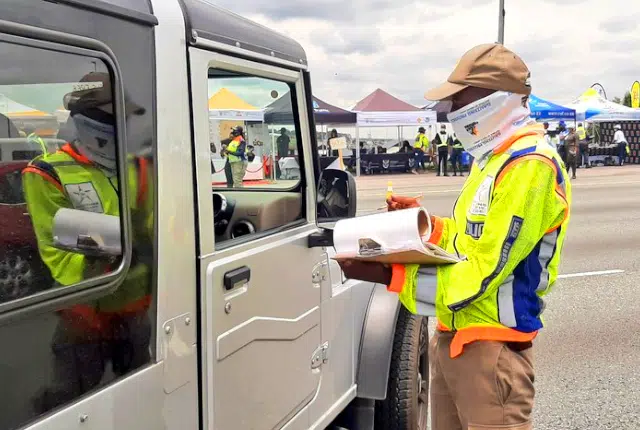
Proposals to change South Africa’s drunk driving laws – the big problem
The Automobile Association (AA) of South Africa says that when it comes to drunk driving laws in South Africa, the problem isn’t with limits, it’s with enforcement.
The portfolio committee on transport recently rejected the government’s plans for ‘zero-tolerance’ drunk driving laws, where the Department of Transport wanted to reduce the allowable blood-alcohol level in a driver’s bloodstream from 0.05 grams per 100 millilitres of blood to zero.
However, a new study published in the South African Journal of Science proposed that the government not completely abandon its plans to reduce the allowable alcohol limit and instead find ways to better implement the changes.
Among the proposals, the researchers suggested the government limit blood alcohol concentration levels to 0.02 grams per 100 millilitres to account for medicines or foods that could cause false positives – one of the biggest criticisms of the plan.
Another proposal was to direct zero-tolerance laws on young and inexperienced drivers only.
Citing available data, the researchers said that reducing the allowable limit prevented thousands of deaths in other countries and would go a long way in reducing road fatalities in South Africa.
Fatal crash data recorded on the Road Traffic Management Corporation (RTMC) from 1 October 2017 to 30 June 2021 found that a total of 48,330 vehicles were involved in 37,583 fatal crashes, with 45,232 fatalities recorded with a severity (deaths per crash) of 1.203.
However, for a reduction in the limit to be effective, the researchers said that the measures should be introduced gradually, in collaboration with strategies relating to enforcement, education, raising awareness and harm reduction.
Drop the subject
Head of public affairs at the AA, Layton Beard, said that it is completely unnecessary to adjust the allowable blood-alcohol level at all, as South Africa’s problem isn’t with the limit but rather the enforcement thereof.
He said that the current threshold at 0.05g/100ml is a good indication of intoxication.
This point was also partially conceded in the research paper, which pointed out that South Africa’s current limit of 0.05 grams per 100 millilitres is already in line with the international standard set by the World Health Organisation.
Beard said that South Africa has a seriously bad reputation globally for road safety and that enforcement of the standing laws is the main problem.
Only a small portion of cases around drunk driving actually result in prosecution, he said, adding that the laboratories that process blood samples in drunk driving-related cases often take up to a year to do so.
Instead of trying to solve the problem by adjusting limits, the government needs to double its traffic law enforcement efforts, said Beard.
“Legislation on its own won’t deal with drunk driving. Enforcement is key,” he said.
This sentiment is shared by the Traffic Law Enforcement Review Committee, which was appointed by the department of transport to make recommendations on road safety in the country in 2019.
According to the committee, police visibility and stronger enforcement of the current laws would be more effective at combating alcohol-related traffic fatalities.
Beard said that despite instances of corruption by some traffic officials, this is not a reason to disregard the need for more feet on the ground enforcing the country’s standing drunk driving laws.
“(Perceived corruption) cannot stand in the way of appointing more (officers), but there certainly needs to be a vetting process. People need to understand that there are consequences for bad behaviour, including possible licence revocation, fines or jail time,” said Beard.
South Africa requires specific ways of ensuring road safety, which includes massive education campaigns as well as awareness campaigns, he said.
Read: South African Reserve Bank sees need to raise interest rates further



